Review / Why the Desa Hay eco-resort is your guilt-free go-to in Bali: as the Indonesian paradise battles overtourism, these secluded villas on the edge of Canggu make for a sustainable stay
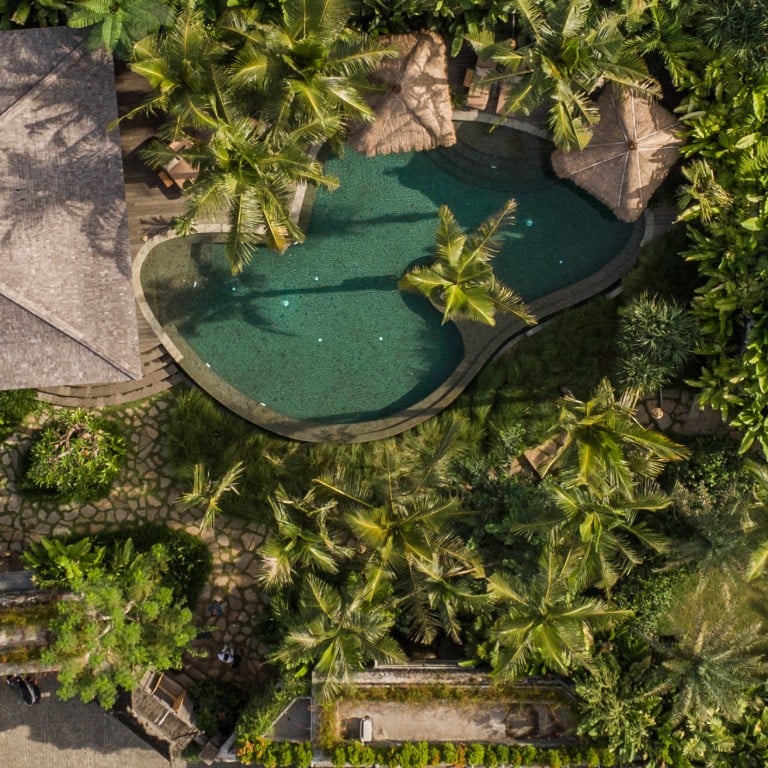
We’ve officially reached Peak Bali. The world’s favourite spiritual escape is at capacity. As 2024 dawned, holidaymakers endured five-hour traffic jams from the airport over the new year weekender – an unprecedented human tsunami that came just weeks after the Indonesian island was voted the world’s second-best destination (after Dubai) in TripAdvisor’s Travellers’ Choice Best of the Best awards.
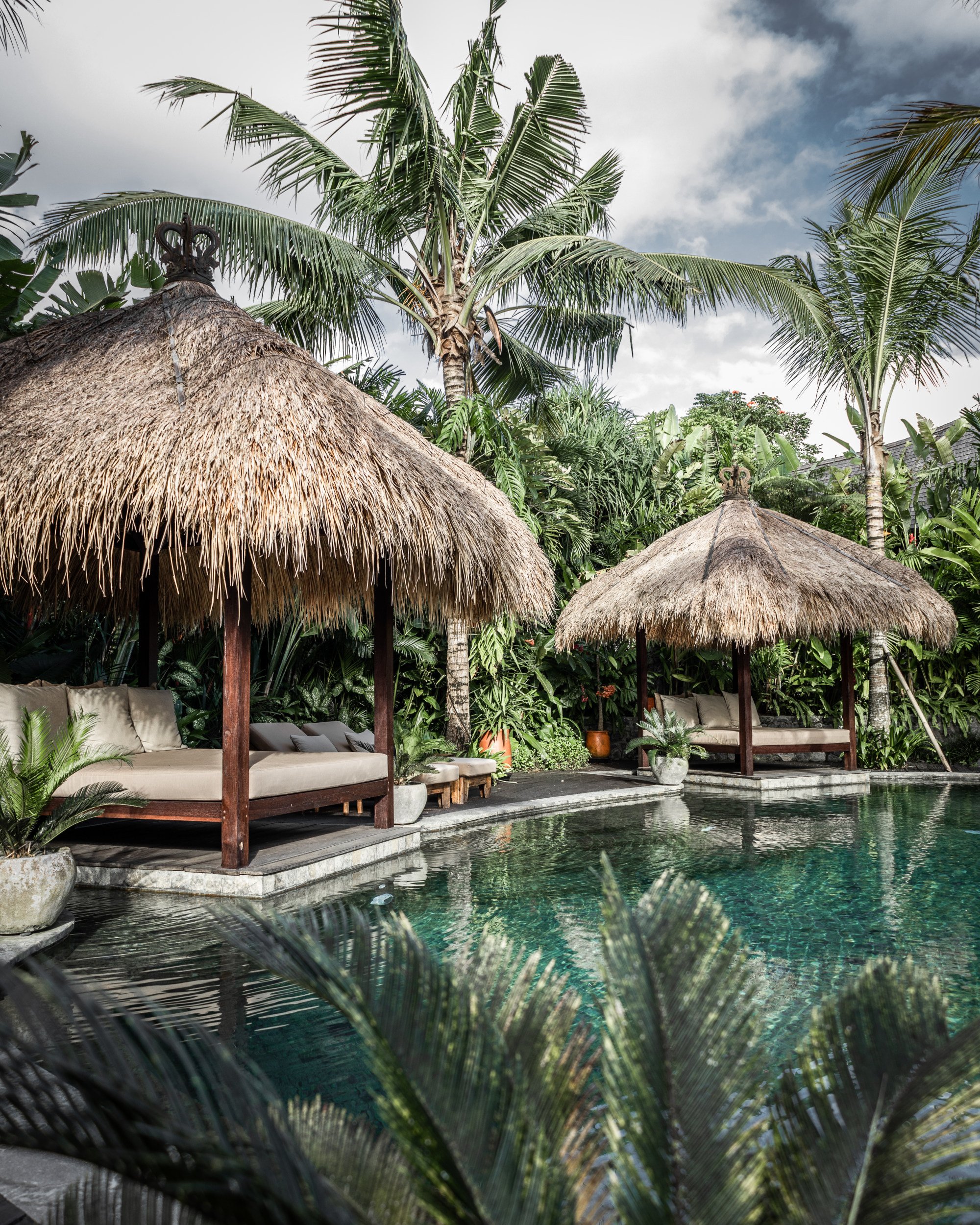
Which means the world won’t stop arriving at the Pacific paradise any time soon (in fact, the local government is banking on it, hoping to attract 7 million visitors this year – 2 million more than 2023). But it also means you should think long and hard about where you stay – and what effect your visit will leave behind long after you jet off home.
Desa Hay might be the ethical, and logistical, answer. Based a short but significant distance inland from bursting-at-the-seams hipster enclave Canggu, this solar-powered, self-styled “luxury eco-resort” offers a serene sanctuary away from the insistent scooters, beats and blares. More importantly, this Considerate Collection resort puts sustainability at the heart of every traveller’s stay.
Nihi Sumba: a world-beating resort hotel well off the beaten track
The resort: oasis in the bustle
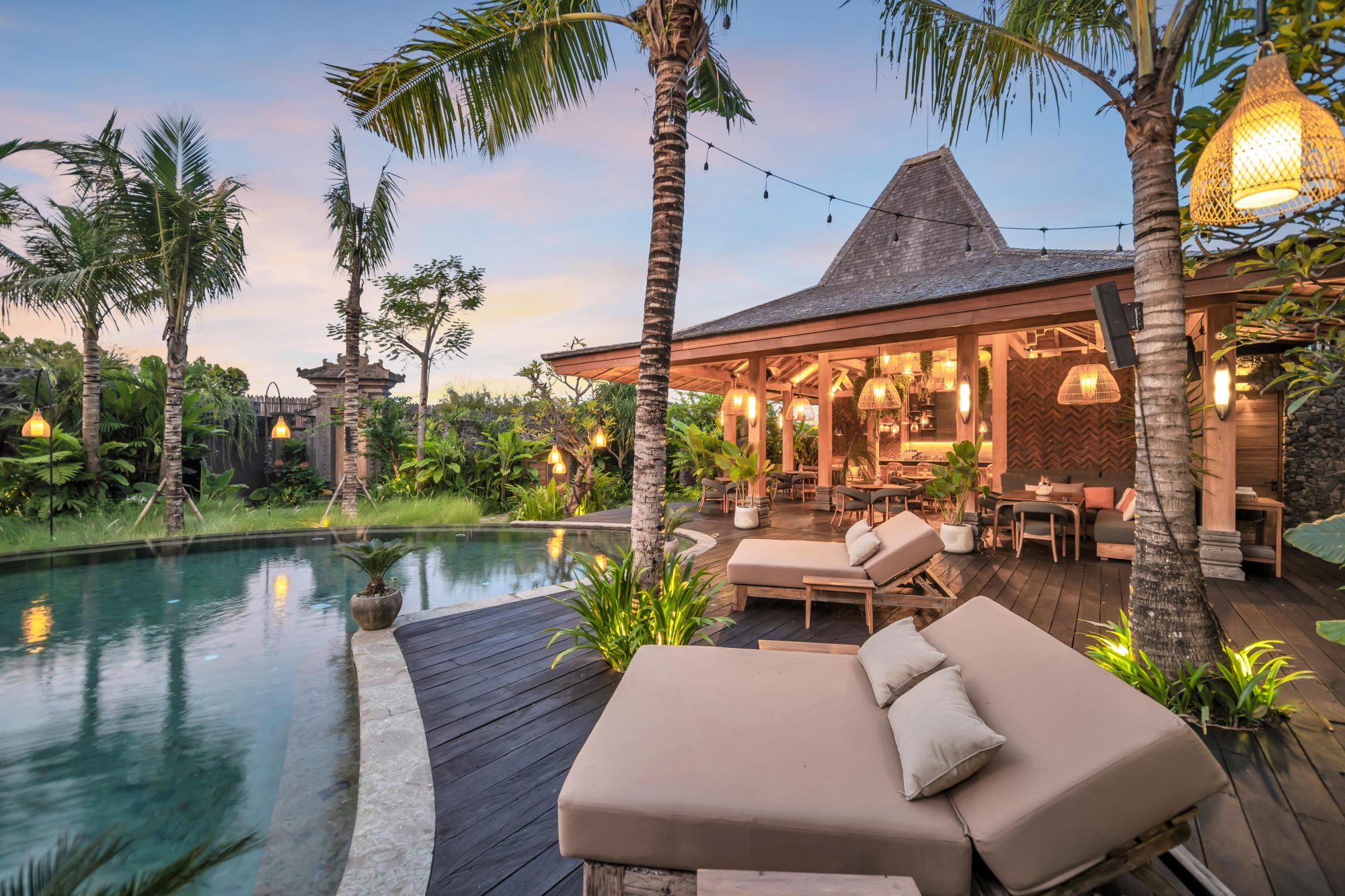
Desa Hay might sit just 3.6km from the bustling Pererenan Beach, but the fact the resort’s Wi-fi network is the only detectable connection is a very good sign of just how far you’ve travelled in that nine-minute ride. And with just six villa rooms on the site – all child-free – this oasis of calm combines all the amenities and attentive service of a luxury resort with the intimacy and flair of a boutique hotel. Its small scale and attention to detail has seen Desa Hay welcomed into the elite Small Luxury Hotels of the World group.
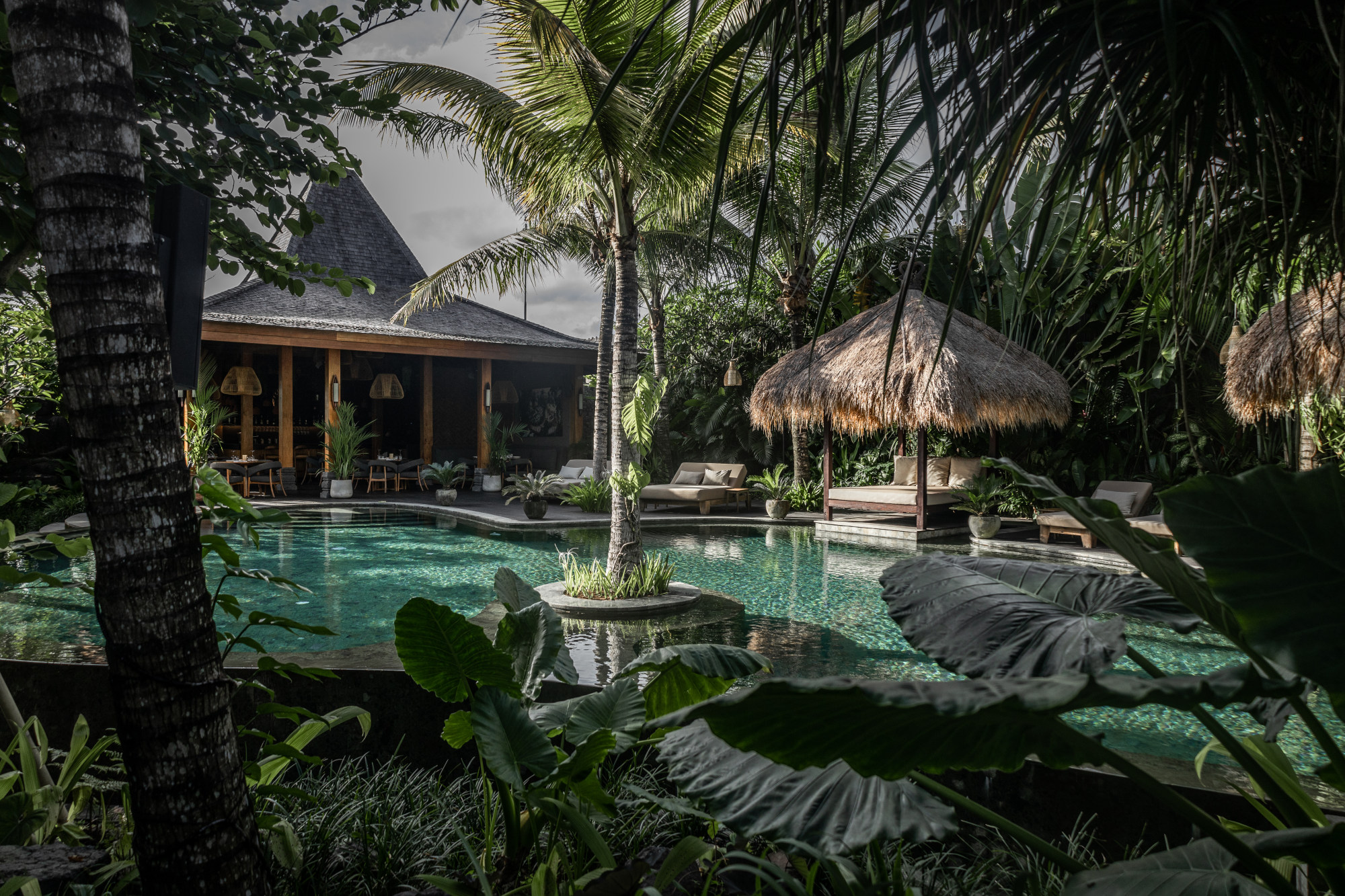
Nearly half of the grounds are set aside for vegetation, much of it lush green species native to Bali, giving the resort a surprisingly jungle-y vibe despite the buzz of neighbouring construction. And while Desa Hay may be compact, it’s also hard to leave.
Is Anantara Koh Yao Yai Resort & Villas the hottest new destination in Thailand?
For one, there’s really nothing of note in the surrounding neighbourhood. While inside, there are free yoga classes on the lawn every morning, and private massages and candlelit dinners can be ordered to your room (staff don’t just deliver massage tables and surprise floral displays – they even set Zen music playing on Spotify). Venturing to the communal pool? The on-site Ijo restaurant boasts an impressively broad (and surprisingly affordable) menu, especially considering it will never serve more than 12 diners a day.
The rooms: intimate idyll
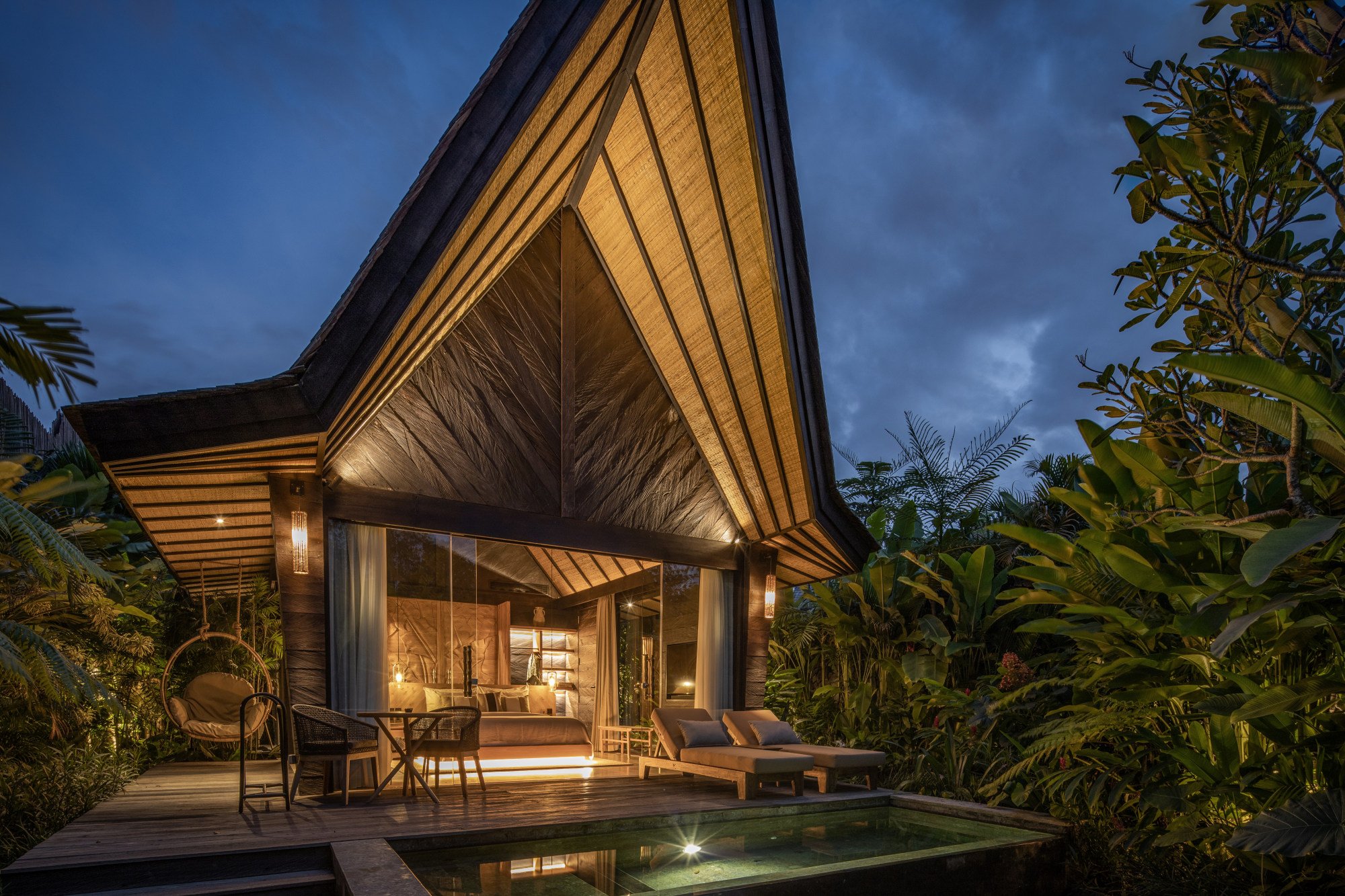
Each of the half-dozen rooms is in fact an independently gated, traditionally styled Jabu villa, with tall, North Sumatran-style arched ceilings and largely glass walls that allow light and nature to gush in; the stone bathtub even sits outside. All the villas boast a two-person swing and a private plunge pool, while the two premium rooms offer a larger garden complete with a hammock.
Meet Alan Ritchson, the actor who plays Reacher – and uses TRT to get ‘ripped’
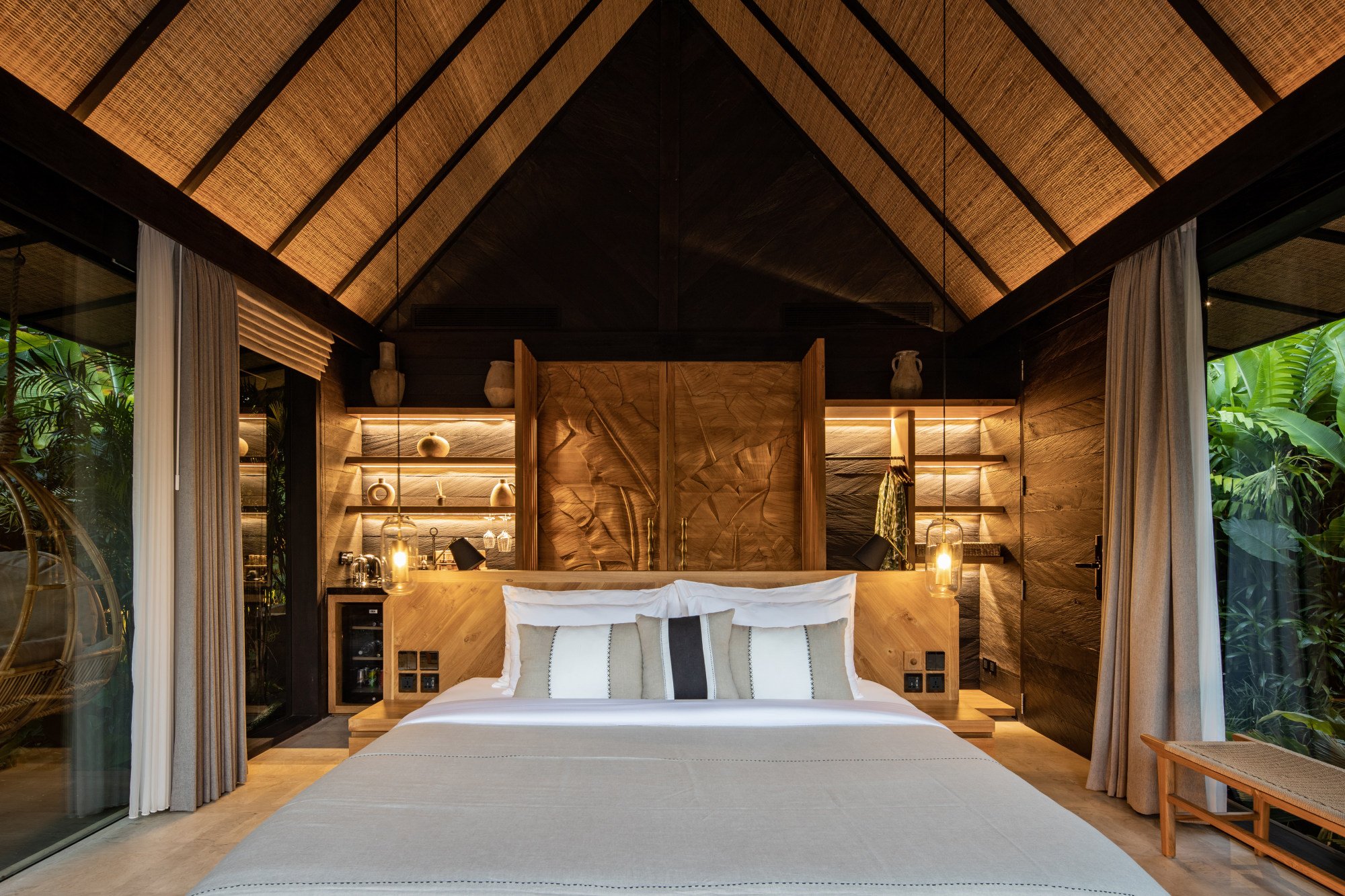
All the expected everyday extras are done differently, or better: we especially loved the extensive range of fresh tea leaves on offer – including rose, camomile and masala – lined up in test tubes and refilled daily, while a cocktail-making kit and affordable supply of unbranded spirits might help one unwind after dark. Only the free-flow range of Western branded soft drinks and mixers are in single-use containers – a sign of who needs to play catch up.
Sustainability first: making a difference
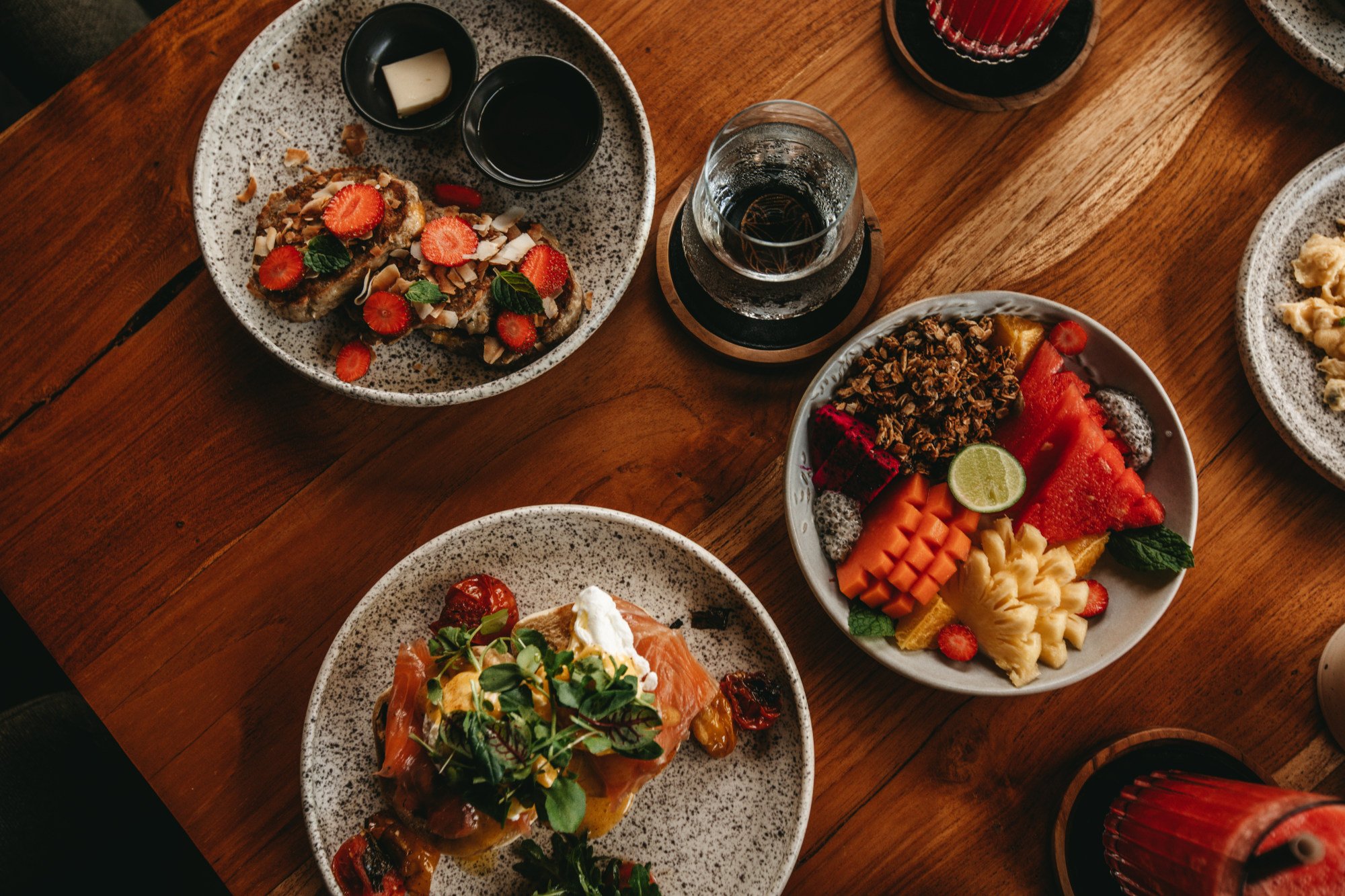
Sustainability might be the travel industry’s buzzword of choice in 2024, but all the lip service in the world won’t save the planet – which is why Style was pleased to discover that Desa Hay walks the walk as well as talks the talk. In addition to being powered by 100 discreet solar panels on the roof, the resort also has underground recharge wells and waste water processing.
How Thailand’s Maya Bay is balancing tourism with sustainability
Everything you eat is locally sourced, and freshly caught fish comes from a sustainable fishing provider. As a sponsor of river protection non profit Sungai Watch, the resort is almost completely free of single-use plastic, and any organic waste is composted by Urban Compost. Everything from combs to toothbrushes are made from bamboo, while the complimentary biodegradable slippers are made from coconut husks. Best of all, the water supply has been purified on site and can be drunk straight from the tap.
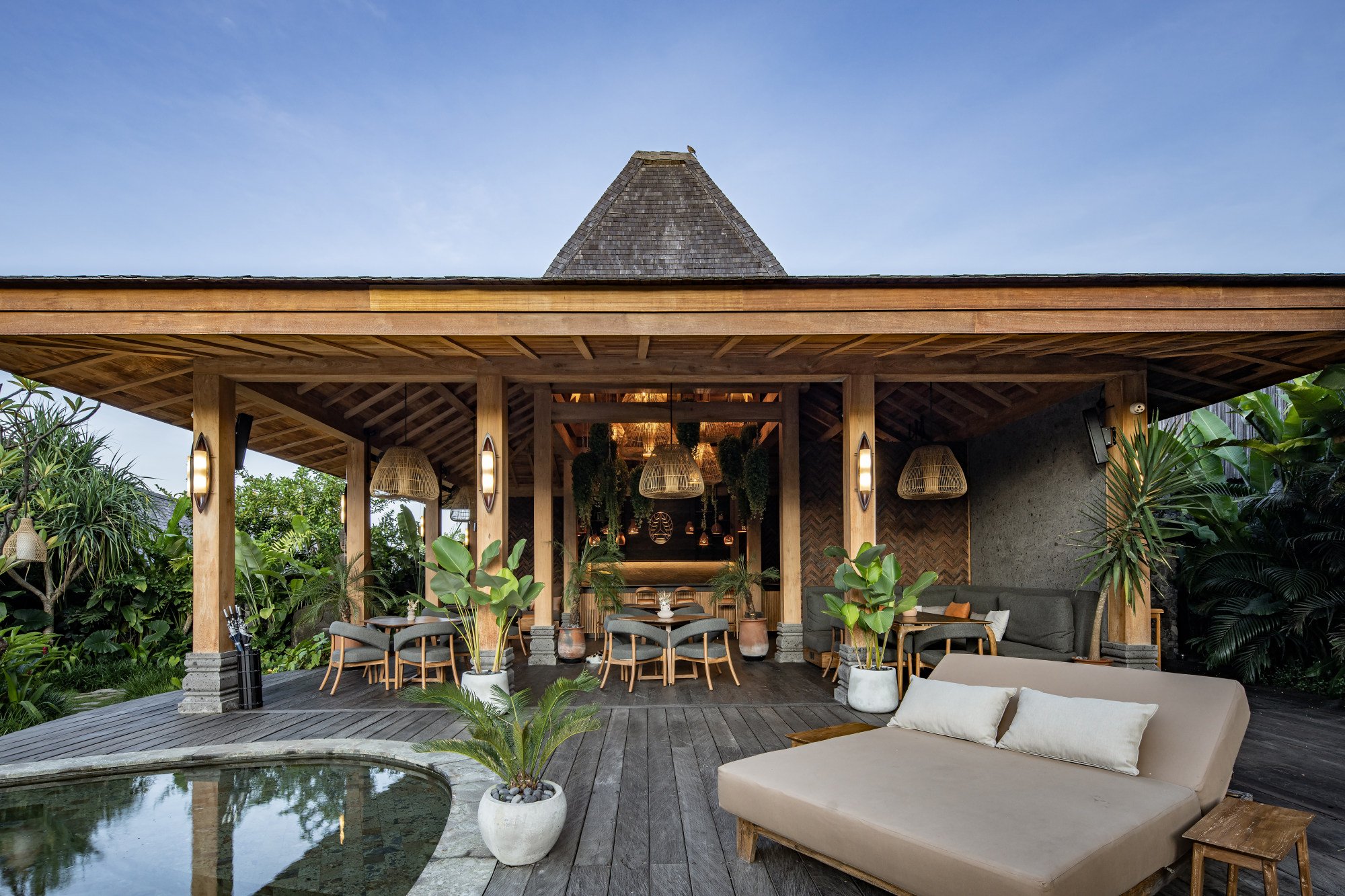
On a social level, Desa Hay exclusively hires Indonesian staff, and gives back to the community through initiatives including sponsoring school tuition for local orphans.
All the artwork has been created by local artisans with a small placard crediting the artist, while the resort’s construction, completed in early 2022, was inaugurated with a melaspas, a Balinese cleansing ritual for new buildings attended by religious and political members of the community.

- Just over 3km from Bali’s Pererenan Beach sits Desa Hay, an intimate, child-free eco-resort offering a tranquil escape from hipster-heavy Canggu, with just six villa rooms, each with their own pool
- Part of the Small Luxury Hotels of the World group, the solar-powered property uses locally sourced ingredients, supports sustainable fishing practices, and is free from all single-use plastics